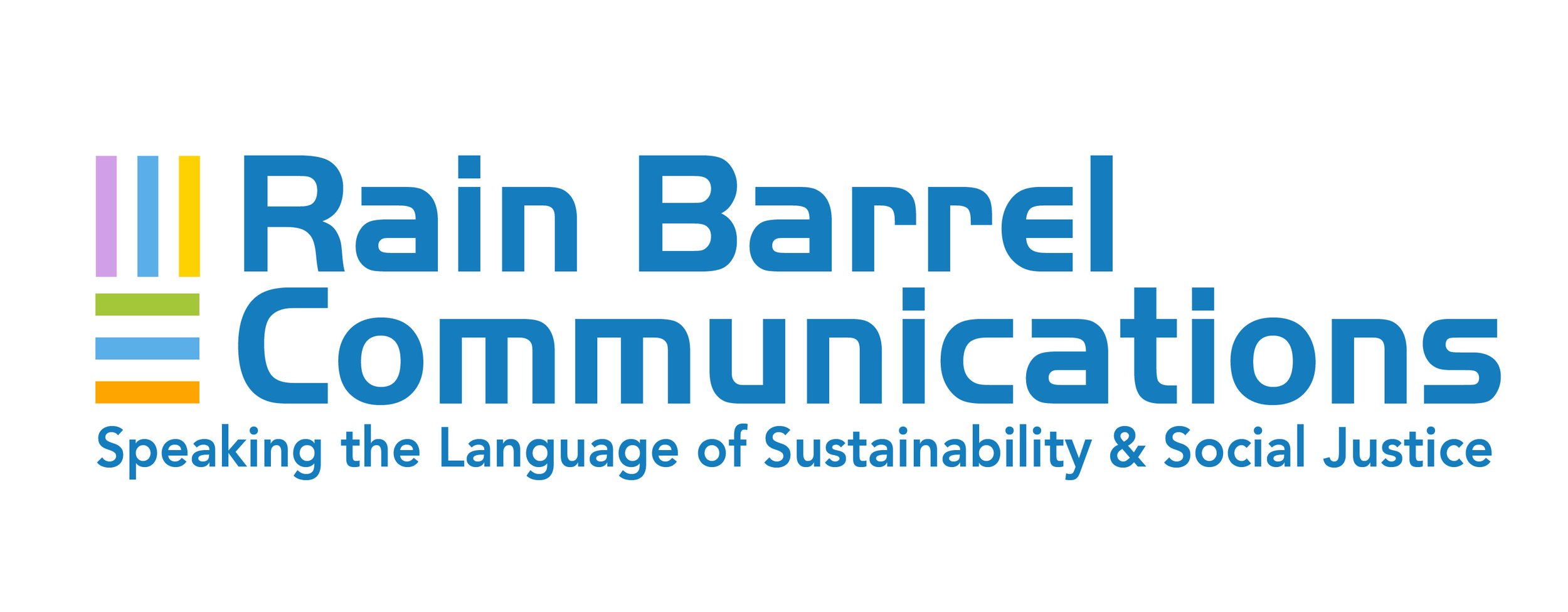Quality and Inclusivity in Three Different Types of Schools
By Safa Shahkhalili
The Royal Kingdom of Cambodia is home to one of the largest youth and adolescent populations in Southeast Asia. With one in five Cambodians currently aged between 15 and 24, the need to provide a good quality education is key to achieving national social and economic development.
In the summer of 2018 UNICEF Cambodia commissioned an exploratory research study to investigate quality and inclusivity in three different school systems. They were: 1) Buddhist monastic schools - the oldest school system in the country, 2) Islamic schools - of which there are a variety of types and 3) Floating schools - which serve multi ethnic water based communities.
The research involved conducting a literature review, visiting schools and communities, and conducting interviews and focus group discussions with stakeholders.
Through the research process, my research colleagues and I learnt about the many challenges faced by these schools. However our most important finding was the great resiliency shown by school leaders and teachers as part of their commitment to providing good educational experiences to all learners in their local communities.
While each school system operates under its own unique pedagogy and capacity, all three share some common circumstances. Beyond the shared challenges of a lack of financial and human resources, every school leader, teacher or community worker that we met exhibited enormous personal commitment to supporting learners in whatever way they possible could.
This is well expressed by one teacher we interviewed in Pursat province. She shared:
““They are my students and I love them! I don’t want to leave them. It is not easy coming to teach here (a floating school) because I live on the nearby mainland village…I have to commute a long distance everyday… and I don’t know how to swim. The lack of proper toilet and insufficient clean water is another challenge for me as a female teacher. Oh…another challenge is my students and I have to shovel water out of the classroom every day because it is leaking. But if you ask me whether I want to teach in another school, I don’t , because I love my students.” Grade 2 and 5 teacher, Cholsa Primary School, Krako district, Pursat province. ”
For others this commitment meant hosting students in their owns homes, or living in the school building away from their families who lived in other districts just to be able to provide an education, or welcoming researchers such as ourselves into their schools in order to share their stories and brainstorm ways of working with other stakeholders in order to improve the quality of education and inclusivity of their schools. It is clearly these committed individuals at the local level who are admirably leading the way in achieving better educational results across the Royal Kingdom of Cambodia.
To learn more about the research findings, please read the full report.


